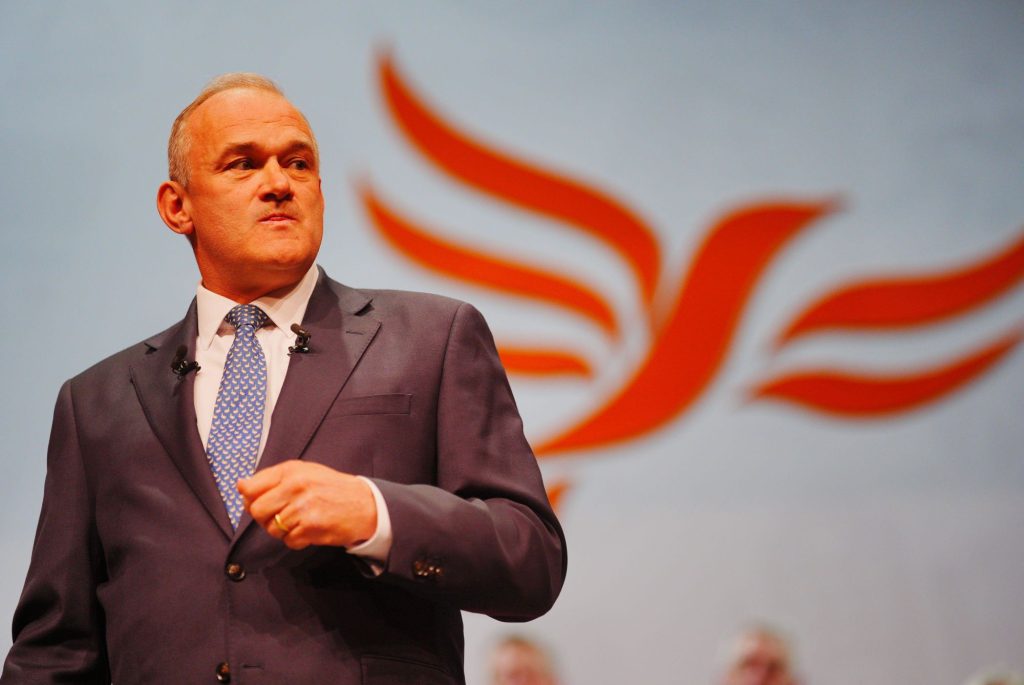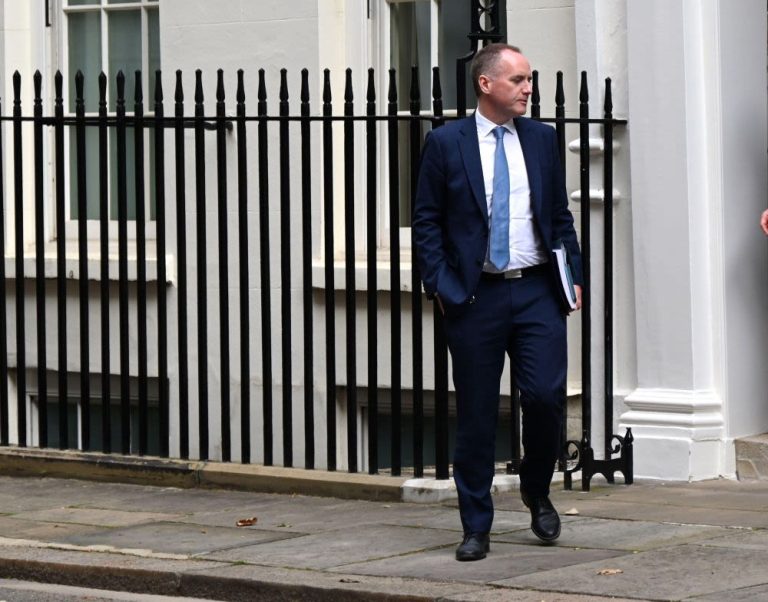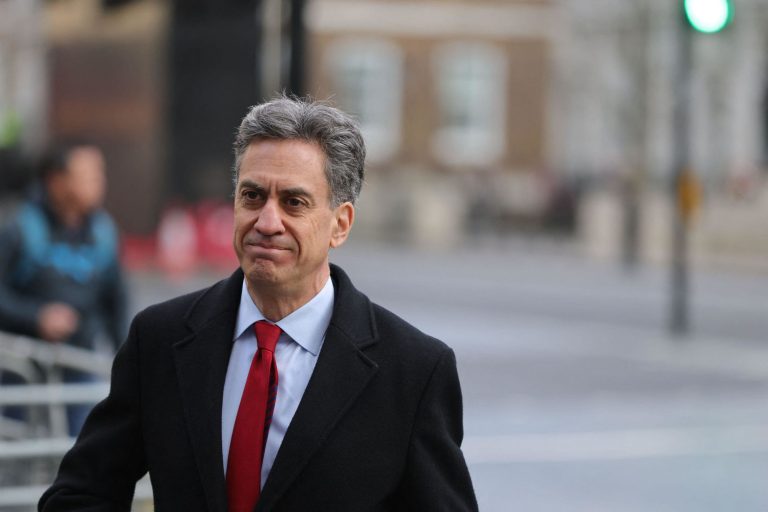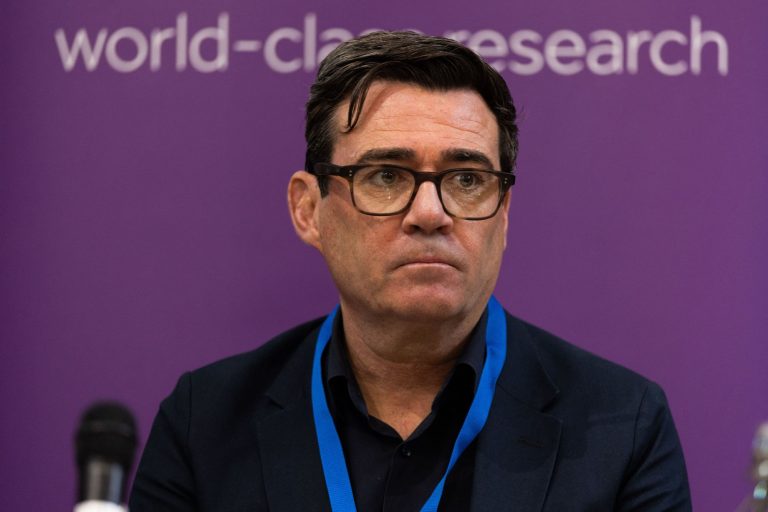
3CP05CK Liberal Democrat leader Sir Ed Davey delivers his speech during the autumn conference, at the Bournemouth Conference Centre in Dorset. Picture date: Tuesday September 23, 2025.
Almost One in Five Brits Dip into Savings to Stay Afloat
New research by St James’s Place reveals the stark reality facing UK households: 18% of those surveyed have tapped into their savings over the past year just to cover everyday costs. With 8,000 adults polled, the findings reflect the combined pressure of soaring living expenses, persistent inflation, and wider economic uncertainty. Many families now juggle essential outgoings—rent, energy bills, groceries—by altering spending habits or raiding cash reserves.
Cutbacks and Compromises: How Households Are Coping
The survey shows 41% of respondents have reduced their regular spending to manage their budgets, cutting back on non-essentials and delaying discretionary purchases. Meanwhile, 10% have taken on new debt—credit cards, loans or overdrafts—to bridge shortfalls, and another 10% postponed or cancelled major life decisions, such as buying a home or upgrading a car, to maintain financial stability.
Some Still Prioritise Saving and Investing
Not all households are purely in survival mode. A quarter (23%) of those questioned redirected spare funds into savings accounts or investment portfolios, seeking to preserve or grow their nest eggs despite market volatility. Furthermore, one in five (20%) bolstered their emergency funds with an eye to unexpected costs, such as medical bills or urgent repairs.
Key Drivers of Financial Anxiety
Nearly half of all UK adults cite a deepening sense of uncertainty about the future as a major influence on their financial choices. The factors behind this unease include:
- Cost of living and inflation: 80% link their worry to rising prices across food, energy and everyday essentials.
- Global events: 57% point to international conflicts and geopolitical instability as heightening their concerns.
- Economic stability: Fears around recession, interest rates and job security weigh heavily.
- Government support and long-term care: 45% worry about the sustainability of welfare benefits, tax policies and funding for elderly care.
Financial Advice: A Beacon of Hope
Despite the challenging landscape, those who sought professional guidance report better outcomes. Eight in ten individuals who consulted a financial adviser say they still believe they can meet their long-term goals, even amid economic noise. A third of advised clients feel more secure about their financial future now than two years ago, attributing their confidence to expert support and clarity in uncertain times.
The Advice Gap: Complexity and Cost as Barriers
Yet, many Brits find the cost and complexity of financial planning out of reach. Respondents repeatedly call for more accessible, affordable advice to close this “advice gap.” St James’s Place chief executive Mark Fitzpatrick argues that making guidance more readily available could:
- Boost optimism and financial confidence among households.
- Empower people to navigate market fluctuations and inflationary pressures with tailored strategies.
- Reduce the risk of poor decision-making driven by panic or misinformation.
Industry and Government Must Collaborate
Fitzpatrick urges both policymakers and the financial sector to work together to expand advice services. He highlights three key measures:
- Encouraging new entrants: Incentivise younger advisers to join the profession and diversify the talent pool.
- Enhancing financial education: Integrate money management skills into school curricula and community programs.
- Regulatory reforms: Create frameworks that lower costs and simplify access to professional planning.
Looking Ahead: Building Resilience
As the cost of living crisis persists, UK households continue to adapt—some by trimming budgets, others by tapping into savings and seeking advice. The survey underscores a critical point: while many struggle, those who access quality financial guidance fare better. Bridging the advice gap could prove instrumental in helping more people protect their finances, navigate uncertainty, and work towards their goals with renewed confidence.





